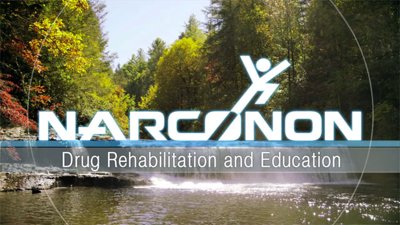Prescription Drug Addiction
The National Institute on Drug Abuse reports that 2.8% of the population over 12 has used prescription drugs non- medically during a one month period. These drugs have become dangerous, highly addictive and life threatening for many Americans. The problem of prescription abuse has been described as an epidemic.
The most commonly abused prescriptions include depressants such as Valium and Xanax and stimulants like Ritalin and Adderall. Additionally opiates are now the number one most abused prescriptions. These drugs include things like Oxy Contin, oxycodone, Vicoden or Loritab.
Plan of Action
The word ‘epidemic’ is not used lightly, but that’s what this country is in the midst of now and the facts are absolutely devastating. According to Gil Kerlikowke, director of the Office of the National Drug Control Policy, “We set a goal of reducing this abuse by 15% over the next 5 years. But the severity of this issue requires a sustained national effort.”
This will require the proactive effort of both state and national regulating authorities. Parents, patients, healthcare providers, manufacturers, as well as the government, all play a role in preventing abuse. This plan will save lives and will substantially lessen the burden this epidemic takes on our families, communities, and workforce.
It would be safe to say that prescription drug abuse is our nation’s fastest growing drug problem. With today’s new and powerful pain management drugs, addiction continues to rise at a very substantial rate. The Obama Administration has implemented a new action plan to help combat the prescription drug abuse epidemic. Get help now. Call 800-468-6933
The 4 key goals of the new action plan are to:
- Expand awareness and education to physicians, researchers, and the public;
- Expand efforts to monitor the prescribing of these drugs, including calling upon every state to set up a program;
- Make it easier to dispose of drugs; and
- Shut down “pill mills” and reduce doctor shopping.
Common Misconceptions of Prescription Drugs
Too many Americans are not aware of how dangerous these prescription drugs can be, particularly compared to illicit street drugs, which get most of the attention. This is exactly why we need to raise awareness on the severity of prescription drug abuse and addiction. It has been reported by the Office of the National Drug Control Policy that prescription drug monitoring programs have already been successfully implemented in 35 states. Reports indicate that “they are saving lives by tracking prescriptions and immediately alerting prescribers to those who may be engaged in doctor shopping.” Doctor shopping is gaining a prescription under false terms by visiting multiple doctor without informing any of the caregivers.
This usually stems from a patient’s addiction to, or reliance on, certain prescription drugs or other medical treatment. Usually a patient will be treated by their regular physician and be prescribed a drug that is necessary for the legitimate treatment of their current medical condition. Some patients will then actively seek out other physicians to obtain more of the same medication, often by faking or exaggerating the extent of their true condition, in order to feed their addiction to that drug. Get help now. Call 800-468-6933
According to the Office of the National Drug Control Policy, as much as 40% of all prescription go unused, and 7 of 10 prescription medication abusers get their drugs from friends or family. In order to control prescriptions the Drug Enforcement Administration has implemented the Take Back Program and has collected more than 121 tons of drugs. This program is backed by the President and other government agencies, and key rehabilitation centers like Narconon and other programs that handle prescription addiction.
Communities across the country will continue to host their own Take Back Day in coordination with their local law officials.
Doctors should also get educated as they are responsible for prescribing these drugs and should be aware of the signs that someone may be abusing prescriptions.
For more information on drug addiction contact Narconon at 800-468-6933.


